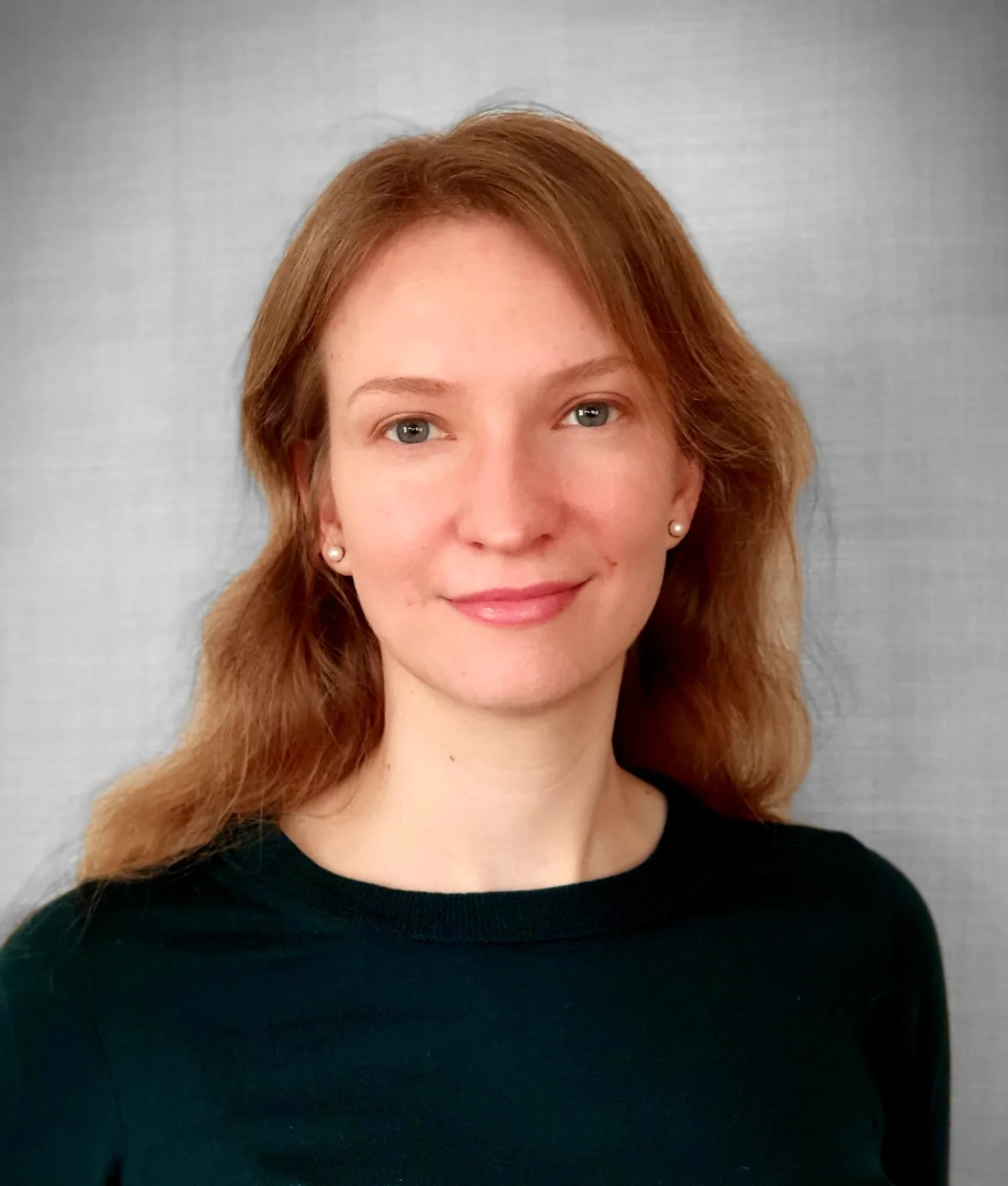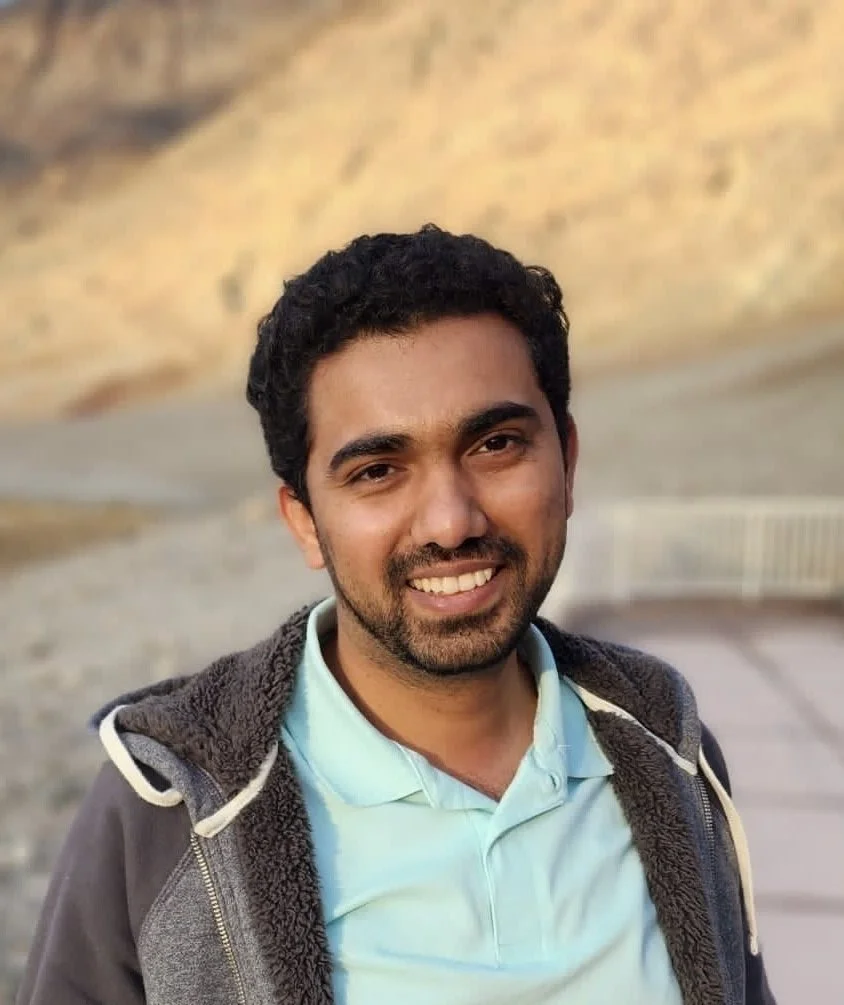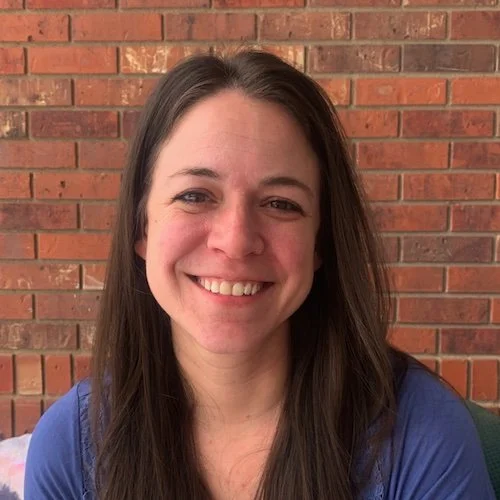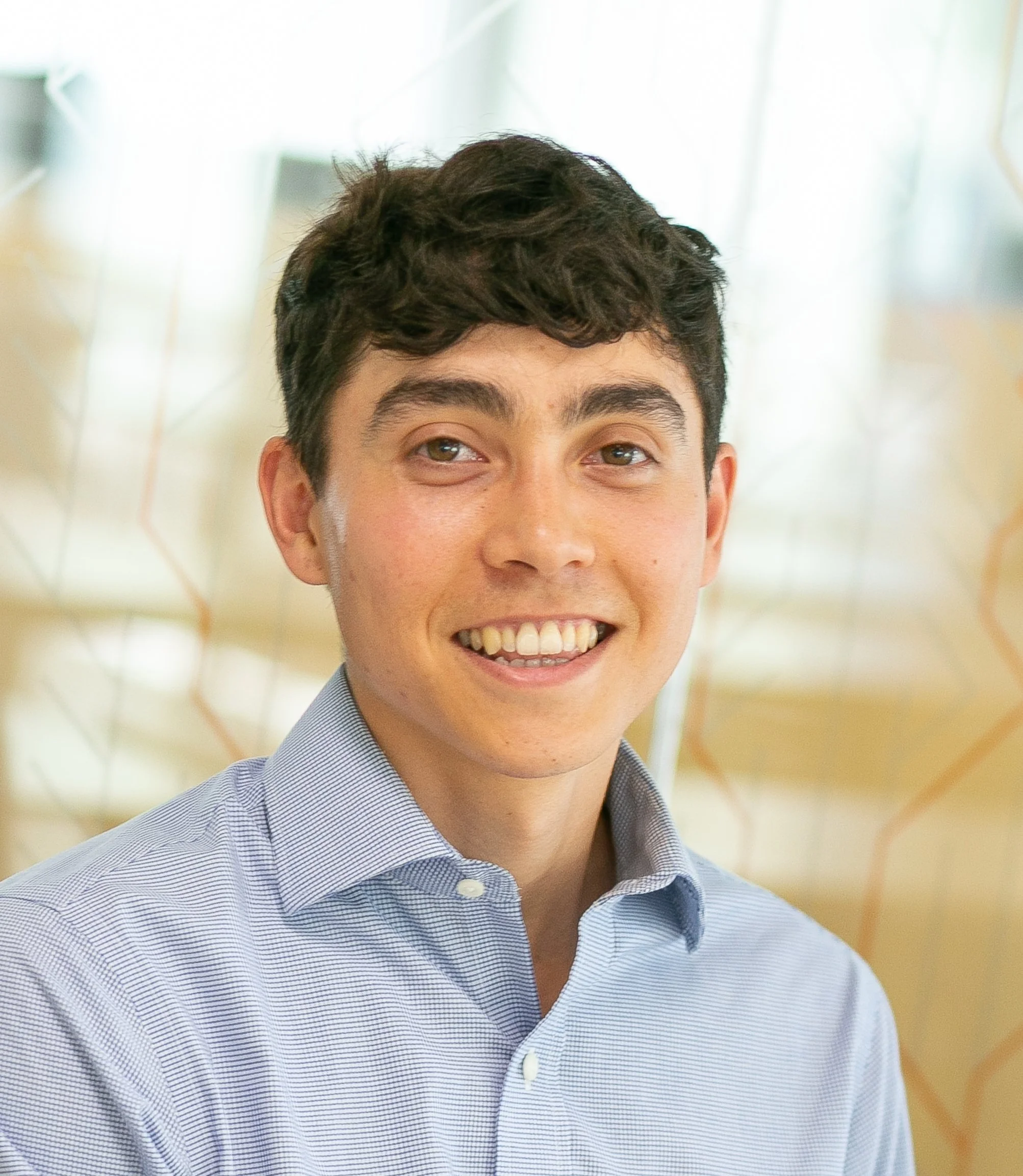Our Team
Kaitlin Samocha, Ph.D.
Principal Investigator
Kaitlin Samocha is an Assistant Professor in the Center for Genomic Medicine at Massachusetts General Hospital and Harvard Medical School. She is on the steering committee for the Genome Aggregation Database (gnomAD), one of the world’s largest publicly available collections of human genetic variation data, and is part of the Translational Genomics Group at the Broad Institute.
The focus of her research career has been on developing methods and statistical tools to improve interpretation of genetic variation, particularly rare variation. She created a mutational model to predict the expected number of newly arising (de novo) variants that has been leveraged to associate dozens of genes with autism spectrum disorders, congenital heart disease, and schizophrenia, among others. As a way to aid variant interpretation, Kaitlin developed metrics to measure a gene’s tolerance to mutational changes, including the pLI score that was used to identify thousands of genes intolerant to loss of a single functional copy. Additionally, she led an international consortium studying developmental disorders and identified ~300 significantly associated genes, including 28 that had not been robustly tied to these disorders.
Kaitlin received her A.B. in Biological Sciences with Honors and Phi Beta Kappa in 2010 from the University of Chicago, and her Ph.D. in Genetics and Genomics in 2016 from Harvard University. She trained as a postdoctoral fellow at the Wellcome Sanger Institute and was a College Research Associate at St. John’s College, Cambridge.
Twitter/X/Bluesky: @ksamocha
Email: samocha[at]broadinstitute.org / ksamocha[at]mgb.org
Ruchit Panchal, M.S.
Computational Associate
Ruchit is a Computational Associate II at the Broad Institute. He completed his Master's degree in physics at University of Massachusetts: Lowell. His thesis was in computational astronomy where he developed binary star model to predict absorption in X-Ray light curves. He joined the realm of genetics research at Beth Israel Deaconess Medical Center (BIDMC), followed by 3 years at the Broad Institute where he developed analysis approaches for Illumina amplicon sequencing data and building bioinformatic analysis pipeline that support diverse projects. He is fond of understanding natural processes in the language of mathematics and statistics and is excited to apply the same in the world of human genetics. His other interests include science fiction, hiking, and traveling.
Julia Goodrich, Ph.D.
Computational Scientist
Julia is a computational biologist developing methods for quality control and analysis of large-scale genomic datasets including the Genome Aggregation Database (gnomAD) and UK Biobank. She was previously a postdoctoral fellow in the MacArthur lab researching incomplete penetrance in monogenic metabolic conditions.
Julia is a core member of the gnomAD production team, but also spends some of her time pursuing research projects.
Yitang Sun, Ph.D.
Postdoctoral Fellow
Yitang Sun is a postdoctoral research fellow at the Center for Genomic Medicine at Massachusetts General Hospital. He completed his Ph.D. in Genetics at the University of Georgia. His dissertation focused on leveraging genetic data to unravel the health effects of polyunsaturated fatty acids, significantly advancing our understanding of their roles in diseases such as COVID-19, brain disorders, and dyslipidemia.
Additionally, Yitang earned an M.P.H. in Biostatistics from the University of Florida and a medical degree in Clinical Medicine from Henan University in China. His current work integrates functional and structural genomic data to improve the interpretation of missense variants, with the goal of refining models of selective constraint and enhancing diagnostic precision across a range of human diseases.
Rachel Ungar, Ph.D.
Postdoctoral Fellow
Dr. Rachel Ungar is a postdoctoral research fellow at the Center for Genomic Medicine at Massachusetts General Hospital. Rachel completed her Ph.D. in Genetics at Stanford University working with Stephen Montgomery where she explored the impact of genome build on RNA-seq, identified transcriptomic outliers in rare disease for the GREGoR and UDN consortia, and evaluated the transcriptomic impact of rare variants and sex on the X-chromosome. She then worked as a postdoctoral fellow at the Stanford Center for Biomedical Ethics exploring the ethical implications of multiomic technologies and return of multiomic results with a focus on rare genetic disorders.
Nikolas Baya, D.Phil.
Postdoctoral Fellow
Nikolas is a postdoctoral research fellow at the Center for Genomic Medicine at Massachusetts General Hospital. He completed his DPhil in Genomic Medicine and Statistics at the University of Oxford, advised by Prof. Cecilia Lindgren and Dr. Duncan Palmer. His doctoral research investigated the impact of rare variation on extreme and unexpected phenotypes in the UK Biobank. Highlights of this work include combining rare variant and functional evidence to discover new therapeutic targets for obesity and developing methods to analyze individuals whose phenotypes deviate from polygenic predictions. Prior to his graduate studies, Nikolas was a Computational Associate in the Neale Lab at the Broad Institute of MIT and Harvard. Nikolas holds an Sc.B. in Applied Mathematics with Honors from Brown University.
Projects and collaborations with other teams
We have active collaborations with members of other teams both locally and around the world. A few of note:
Role of background genetic variation in neuropsychiatric disease
Evaluating the role of background genetic variation in carriers of structural variants with and without neuropsychiatric disorders.
Regional missense constraint
Identifying regions within genes that are specifically intolerant to missense mutations + using that information to inform on missense variant deleteriousness (e.g. MPC scores). This work is available as a preprint.
Katherine Chao
Product Manager, gnomAD
Translational Genomics Group
Lily Wang
Ph.D. Student
Talkowski lab
Jing Zhang, Ph.D.
Postdoctoral Fellow
Robinson lab
How common variation influences penetrance of rare variants
Investigating how common variation, in particular cis-regulatory variation, can impact the penetrance of rare coding variants associated with developmental disorders. This work was led by Dr. Hilary Martin and the DDD study. It was published in Scientific Reports and Nature.
Recessive contributions to developmental disorders
Improving methods and quality control approaches to identify genes contributing to developmental disorders in a recessive manner. This work was led by Dr. Hilary Martin, the DDD study, and GeneDx. It was published in Nature Genetics.
We are looking for more team members, friends, and collaborators! Reach out if you have ideas of how we can work together.
Lab Alumni
Mackenzie Simper, Ph.D.
Mackenzie was a postdoctoral researcher through the Eric and Wendy Schmidt Center at the Broad Institute. She is currently in medical school at Washington University School of Medicine.
Kaileigh Ahlquist, Ph.D.
Kaileigh was a Computational Scientist at the Broad Institute. They were a lead analyst on the Talos project.












